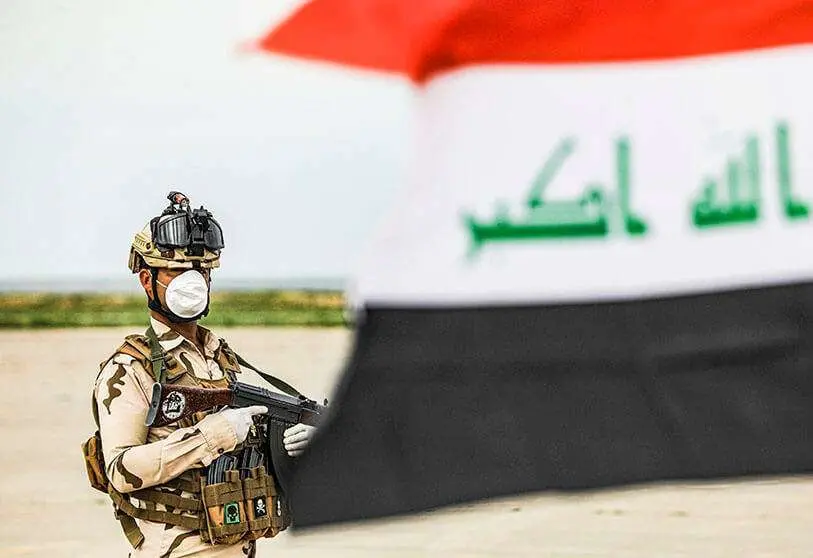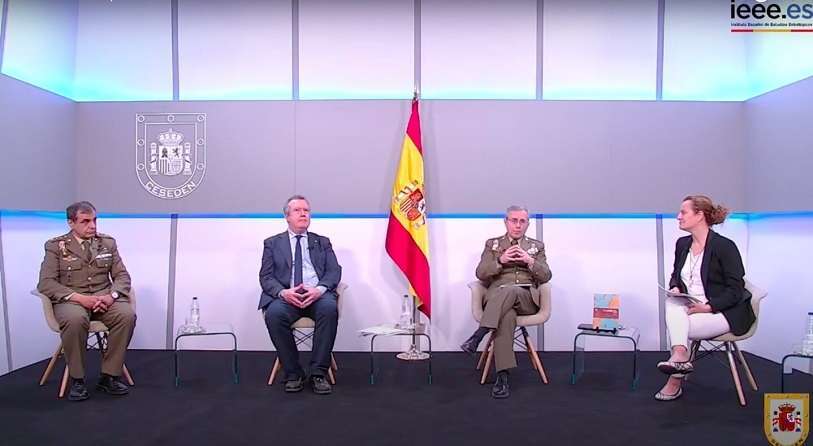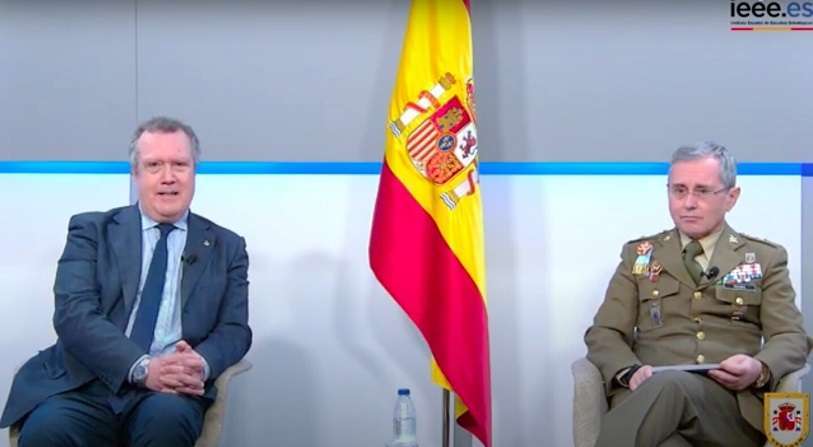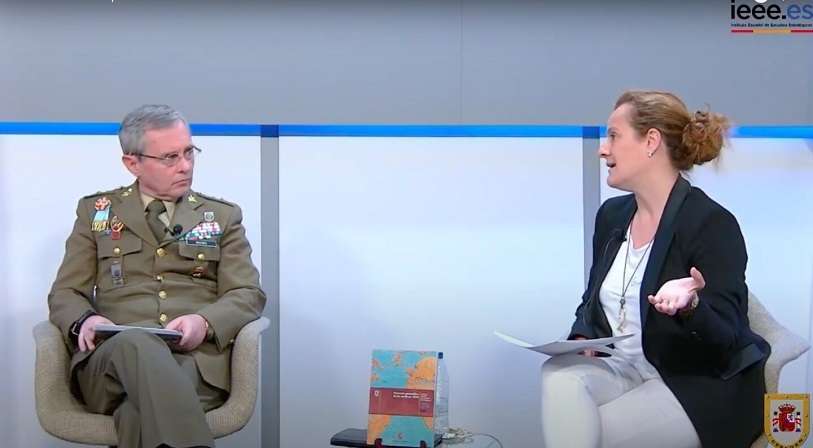The pandemic has not interrupted war conflicts

2020 was a year marked by the coronavirus crisis. This pandemic has altered our way of life in every aspect. Even conflicts have been affected by this disease that paralysed the entire world a year ago. However, although many areas have stopped, wars and conflicts did not cease during that year. The virus has given no respite from violence.
We have seen war continue in places like Libya, where people fought on mas- chine. We have seen a 44-day confrontation between Armenia and Azerbaijan, the second war in Nagorno-Karabakh. According to the United Nations, more than 1,000 people were killed and tens of thousands of civilians have been displaced by the escalating attacks. In the Middle East, the wars in Yemen and Syria continue, creating many challenges from all perspectives, including humanitarian ones. The Syrian war, in particular, has also seen an increase in foreign influence through regional actors such as Turkey or Iran, or others such as Russia. Tensions between powers such as the US, Russia and China continue to grow.
In addition to these confrontations, the Spanish Institute for Strategic Studies (IEEE) has presented a document detailing the most relevant conflicts of 2020. Conflicts which, moreover, should be taken into account due to their evolution and the importance they have for the actors involved.

As has already been pointed out, the coronavirus has affected conflicts, although "it has not interrupted conflict at all", as Carlos Echevarría, deputy director of the Gutiérrez Mellado Institute for Peace, Security and Defence, points out. Although the COVID-19 virus is not the only factor to take into account when it comes to creating or modifying conflicts. Climate change is identified in the National Security Strategy as a 'conflict enhancer'. One of the key areas, according to the IEEE, with respect to global warming is the Arctic. Although there is no armed conflict in the Arctic, actors interested in its resources are demonstrating their pressure. "The thaw will affect the needs and interests of countries, as well as hardening conflicts or creating new ones," explained Claribel de Castro, professor of international law. Global warming could mean the disappearance of cities and the movement of 1 million people, creating internally displaced persons or climate refugees. One of the major problems facing the Arctic is that there is no international legal text that establishes a specific regime in the area, as is the case in Antarctica.
Another challenge caused by climate change is the water conflict. In various parts of the world, such as China, India, Africa and the Middle East, there are problems of access to water. The Asian giant is one of the countries with the greatest need for water resources, although it only has 7% of these resources. For this reason, Beijing is looking with interest to Tibet and the Himalayas, with the aim of managing these resources to its advantage. This could undoubtedly lead to conflict with the international community.
Moving closer to our area of influence, we find the Maghreb, our "immediate frontier", while the Sahel is the "advanced frontier", as Carlos Echevarría points out. This area is one of the most unstable regions. Climate change has made life increasingly difficult; the collapse of the Libyan state, caused by the Arab uprisings, has made conflicts more acute. "It is a challenge we are involved in as Spaniards," says Echevarría. In the Sahel, it is important to address the terrorist threat, as the number of radical groups influenced by Boko Haram has increased.

Russia is also a country that affects us directly and with which we have to take care of diplomatic relations. According to Claribel de Castro, "since the outbreak of the Ukraine crisis and the subsequent occupation of Crimea, relations between Russia and the European Union have cooled down". For de Castro, "a single vision on the part of EU members" is fundamental, although she understands that not all of us have the same interests with respect to Moscow.
Moving away from Europe, Echevarría explained the situation in the Middle East, which, according to the Middle East expert, is "volatile and dangerous". The region has been undergoing a process of change since the Arab uprisings; moreover, there are more and more actors trying to influence this important area, "Geography rules here", says Colonel Ignacio Castro. Castro recalls the importance of the area's three passages: the Suez Canal, now clogged and creating global problems, the Strait of Hormuz and the Bab El-Mandeb Strait. The colonel also stresses the danger of the nuclear proliferation taking place in the region. "Saudi Arabia has announced that if Iran becomes a nuclear power they will follow suit," Castro warned. It is also appropriate to highlight China's growing influence.

Finally, the situation in Latin America needs to be addressed. America is the continent with the largest number of organisations, but they do not succeed. Professor de Castro believes that this is due to the "heterogeneity that exists on the American continent". She also believes that the social perspective plays an important role, as there is a lack of trust among the population. "There is a gap between the real problems and what the leaders talk about in their meetings," says de Castro.
We have to wait a while to see how all these conflicts evolve and to know the possible negotiations to be carried out in order to avoid a large-scale confrontation. The regional and international effects must also be taken into account. However, we have seen how climate change is a determining factor in conflicts and should therefore be treated with the importance it deserves.








